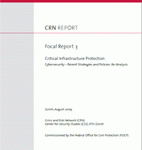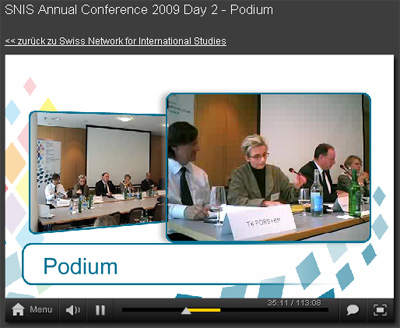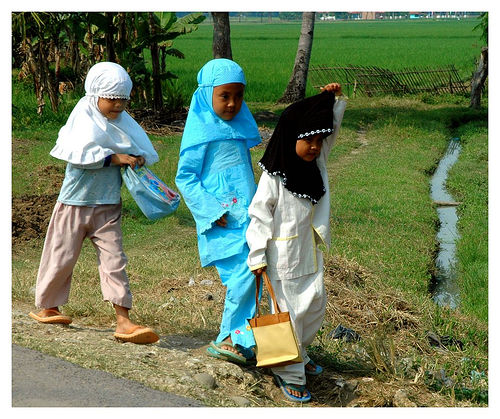 Bruce Riedel chaired the task force who reviewed the US strategy in Afghanistan and Pakistan last winter.
Bruce Riedel chaired the task force who reviewed the US strategy in Afghanistan and Pakistan last winter.
The Centre for International Policy Studies (CIPS), an ISN partner, has published a podcast of his talk at the Ottawa Roundtable on Security and Intelligence.
After a long career at the CIA and advising three US presidents to the US presidency, Riedel is now a senior fellow at the Brookings Institution.
In his talk, he presents the key conclusions of the Af-Pak strategic review released in March 2009. By the way, here is the US white paper summarizing the recommendations which came out of the review.
Riedel also outlines developments in Afghanistan and Pakistan in the last six months and looks at the direction US policy is likely to, or should, take.
Further ISN resources on the topic:
- Special Report on Pakistan, published last month.
- Articles by Naveed Ahmad, our correspondent in Afghanistan and Pakistan
- President Barack Obama’s speech on the region last August
- “Afghanistan: Post-Taliban Governance, Security, and US Policy”, a report by the US congressional research service
- “America’s Involvement in Afghanistan”, a working paper by the Institute of South Asian Studies (ISAS) in Singapore

 The CSS Expert Community “Crisis and Risk Network” (
The CSS Expert Community “Crisis and Risk Network” (

